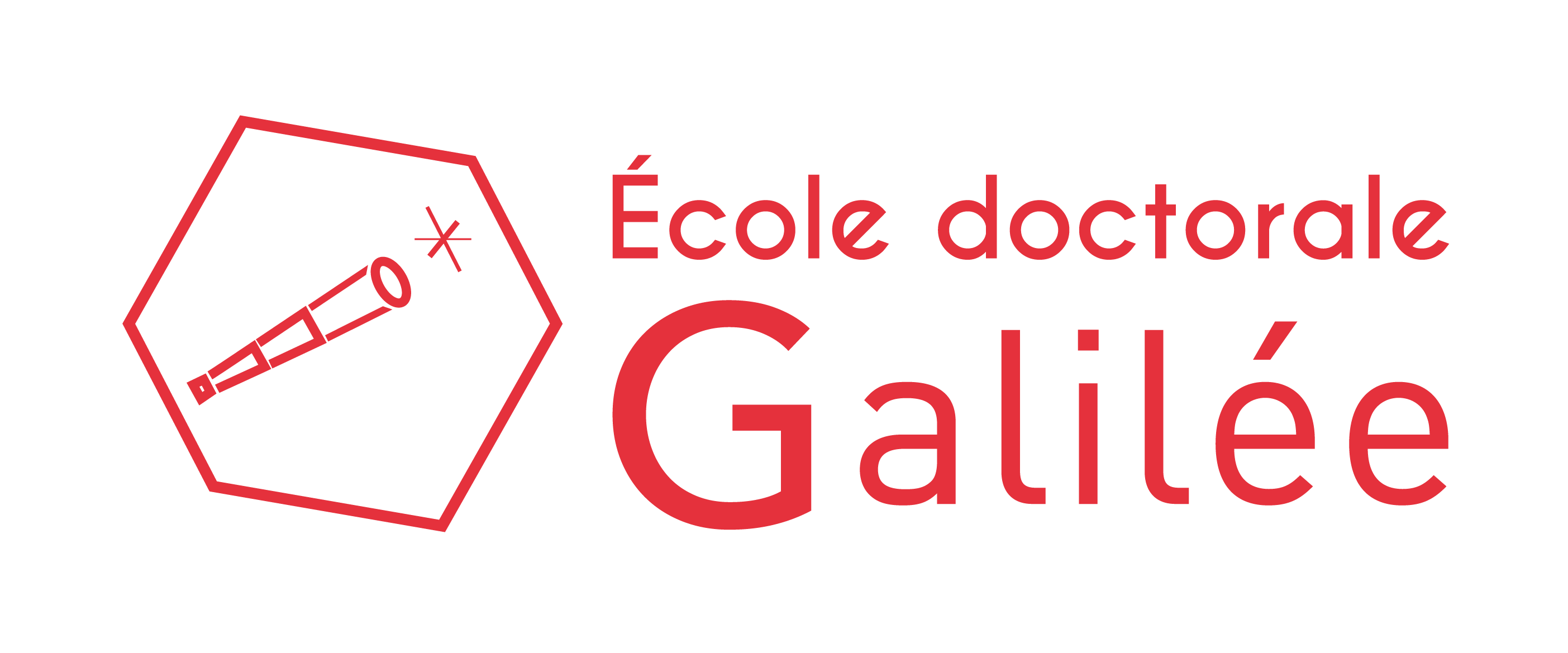
Associations entre l’exposition aux pesticides dans l’alimentation et l’eau potable et le risque de cancers hormono-dépendants : une approche épidémiologique
Ce projet étudie le lien entre l’exposition aux pesticides à travers l’alimentation et l’eau potable, et le risque de cancers hormono-dépendants dans la population générale. Il se base sur les données de la cohorte NutriNet-Santé, une étude de long terme lancée en 2009. Des informations détaillées sur les caractéristiques des participants, notamment leurs données sociodémographiques et géographiques, leurs événements de santé, et leur consommation d’aliments et d’eau ont été collectées. La consommation d’aliments biologiques a été évaluée et des données sur l’exposition aux pesticides dans les aliments d’origine végétale ont été recueillies. Ces informations seront couplées à d’autres données concernant la contamination des aliments non-végétaux (DGDDI, DGCCRF) et la contamination de l’eau potable (SISE-Eaux, DGS). Le projet vise à identifier les facteurs déterminants de l’exposition aux pesticides et à étudier les liens entre certains pesticides ou mélanges de pesticides et la survenue de cancers hormono-dépendants, comme le cancer du sein et de la prostate. L’objectif est de mieux comprendre les effets des pesticides sur la santé afin d’aider à l’élaboration de mesures de santé publique pour prévenir ces cancers.
Associations between exposure to pesticides in food and drinking water and the risk of hormone-dependent cancers: an epidemiological approach
This project investigates the association between pesticide exposure through food and drinking water and the risk of hormone-dependent cancers in the general population. It is based on data from the NutriNet-Santé cohort, a long-term and ongoing study that was launched in 2009. Detailed information was collected on the characteristics of the participants, including their sociodemographic and geographical data, their health events, and their food and water consumption. In addition, consumption of organic foods was assessed, and data on pesticide exposure in plant foods was collected. This data will be merged with further contamination data from additional databases, including surveillance plans for non-plant-based foods (DGDDI, DGCCRF) and contamination data on tap water (SISE-Eaux, DGS). The project aims to identify the determinants of pesticide exposure through food and water, as well as to examine specific pesticides and pesticide mixtures and their association with the incidence and progression of certain hormone-dependent cancers, such as breast and prostate cancer. The project will strengthen the knowledge on the relationship between pesticide exposure and health impacts to guide public health measures to improve the prevention of hormone-dependent cancers.

